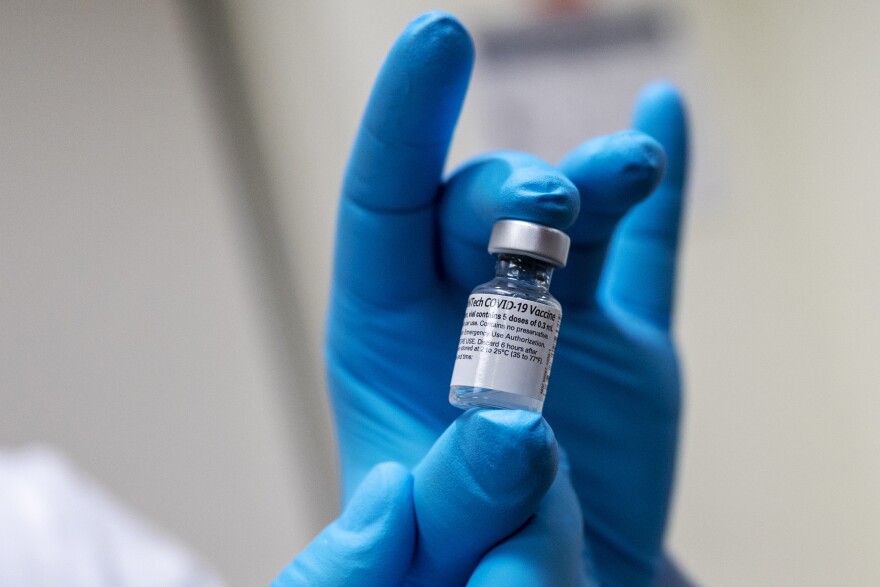COVID-19 vaccines are up for debate yet again on Utah’s Capitol Hill.
A legislative committee passed two bills Tuesday night that limit vaccine requirements.
The first, HB 60, prohibits businesses and the government from mandating proof of vaccination for service or employment.
Rep. Walt Brooks, R-St. George, sponsored the bill and said it’s intended to prevent discrimination based on a person’s private health information.
“In America, I truly believe that we honor everybody equally and we treat everybody equally,” Brooks said. “Sometimes, we have to draw the line to say this is where we are equal — a person's race, their gender and their health information.”
Brooks cited Vivint Arena as one example. The Utah Jazz has required attendees to show proof of vaccination or a negative COVID test. The team announced Tuesday — while the committee was debating the bill — that those requirements will be lifted on Feb. 25.
Other lawmakers argued the bill didn’t align with conservative values.
Rep. Tim Hawkes, R-Centerville, said it’s up to businesses to balance their customers' and employees’ rights.
“I really hate that we step in and we're going to force that business, we're going to invalidate that balancing,” Hawkes said. “That doesn't feel like conservative government, small government to me. That feels like micromanaging private relationships.”
The committee passed another bill, HB 63, which exempts employees from vaccines if they present a doctor’s note that states they previously had COVID. It builds on a previous law that gave employees broad exemptions to workplace vaccine requirements.






